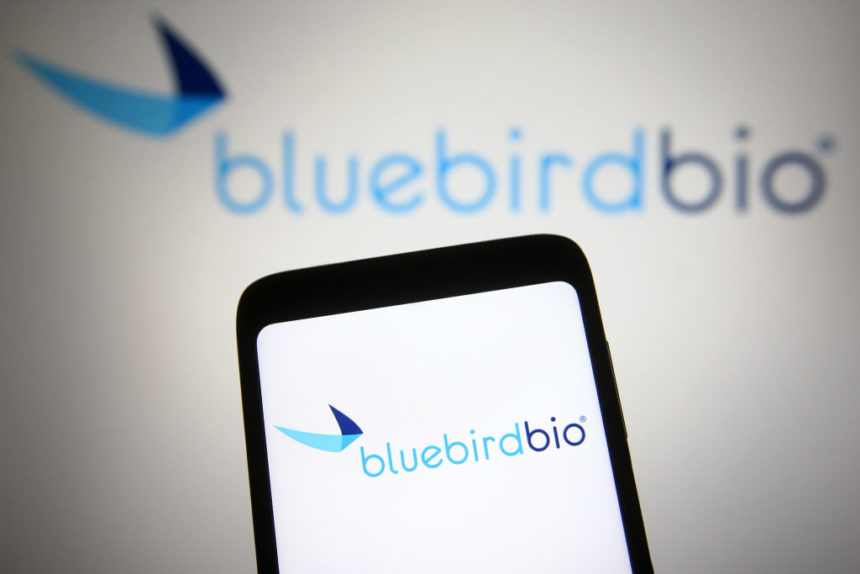A two-day meeting set to begin Thursday will help determine whether Bluebird Bio’s gene-therapy launch scheme can get back on track.
Advisors to the Food and Drug Administration are gathering virtually to review a pair of one-and-done treatments for rare childhood diseases the biotech is hoping to bring to market. Those treatments are gene therapies eli-cel for cerebral adrenoleukodystrophy (CALD) and beti-cel for transfusion-dependent beta-thalassemia (TDT).
The FDA is slated to decide on the drugs in September and August, respectively. However, one of those potential launches may be in for a rough ride, as per briefing documents posted ahead of the meeting.
Members of the agency’s cellular, tissue and gene therapies adcom flagged issues with eli-cel. For one, a major safety concern is myelodysplastic syndrome (MDS). Three subjects have the life-threatening bone marrow malignancy.
“The FDA thinks two of the events are definitely related to the product and the third is highly likely to be related,” noted the advisors, adding that longer follow-up would likely uncover additional cases of this complication.
They also expressed concerns about eli-cel’s efficacy. Standard of care for CALD is allogeneic hematopoietic stem cell transplantation (allo-HSCT). What’s unclear from the data is whether efficacy is non-inferior to allo-HSCT. The researchers simply don’t have enough data to make that call.
“FDA is not confident that 24 months is sufficient time to demonstrate efficacy of eli-cel, and paucity of data beyond 24 months limits the ability to assess disease stability and durability of effect compared to allo-HSCT,” they wrote.
Beti-cel’s outlook appears substantially brighter. Treatment with the drug led to durable transfusion independence (TI) in 89% of subjects.
“FDA believes that TI represents a clinically meaningful benefit for patients with [TDT], and could decrease the risks of iron overload, multi-system organ complications and early mortality,” the adcom wrote.
This benefit extended across all ages and genotypes. Its durability lasted through about 39 months.
Safety-wise, no deaths were reported in any of the clinical trials. Beti-cel was generally well-tolerated, with the majority of adverse events consistent with known side effects.
Then again, it’s been a long road for beti-cel. Even with the drug approved in the EU under the name Zyntelgo, the company had to abandon its commercial push when negotiations with governments broke down. The sticking point: The drug’s steep up-front price of $1.8 million. Germany, for instance, offered to pay about half that.
Meanwhile, Bluebird has been gearing up for its U.S. conquest by drawing on the experience of launching the TDT therapy in the EU. Its CEO and president, Andrew Obenshain, said earlier this year that the biotech is making the case to payers on the value of its therapies and putting in place wrap-around patient services.
Bluebird’s chief commercial officer, Tom Klima, said at the time that U.S. payers “recognize the value of a one-time therapy. We’re confident in our ability to price it and secure reimbursement.”
For the beti-cel launch, the company is setting up treatment centers at hospitals, educating a referral network, providing patient support and engaging early to ensure access. The beti-cel field force is talking with KOLs on a regular basis.
Bluebird’s third gene therapy is sickle-cell treatment lovo-cel, but its application has seen a number of FDA delays. The company plans to submit the BLA for lovo-cel in early 2023.
This article was updated to indicate that eti-cel’s PDUFA date comes after that of beti-cel, and to clarify that lovo-cel’s upcoming BLA submission will be its first.








